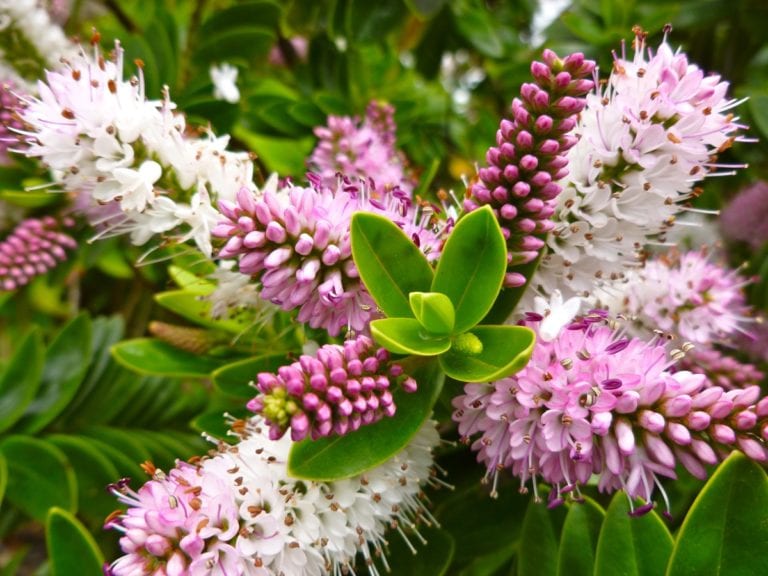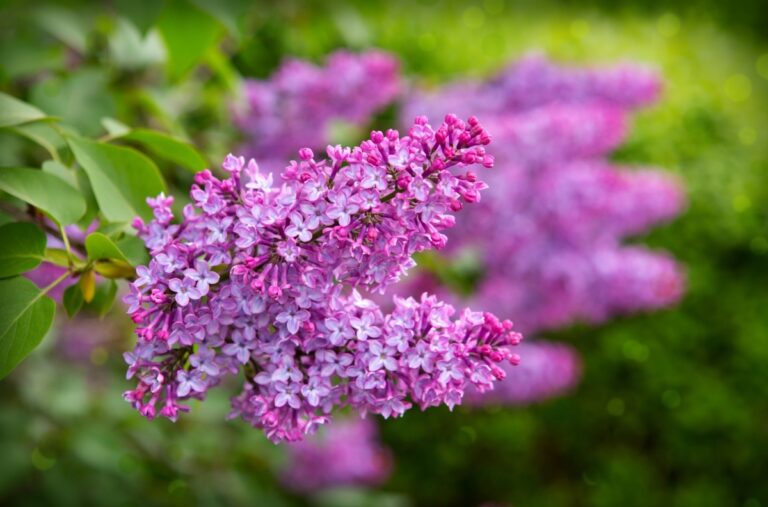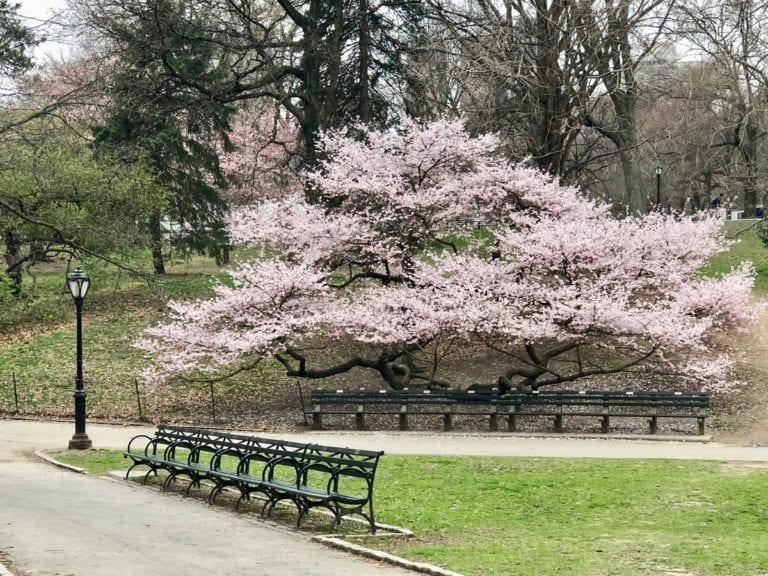Similar Posts

711th Week: Receiving Generously
Walking through Central Park one morning, the sound of the birds, the slow but steady haze of green emerging on the trees, the emerging daffodils and other spring flowers all offered gifts that are part of the park’s waking up to a new season. As I walked, I took in the sounds, smells, and visual delight of this emerging season and the experience got me to thinking about the process of receiving.
Receiving is an active, reciprocal process. It acknowledges that something has been given and recognizes that the act of receiving can be an expression of generosity that can enhance this experience. I often invite people to notice their style of receiving. For example, when they sit down on a chair and receive the support available, do they actively take in the support that is present? Do they engage the reciprocal process of receiving what is offered with awareness? This may apply to any kind of receiving: support, friendship, kindness, much-needed food, clothing, or shelter, a smile—whatever is offered. How would you answer these questions? Read More “711th Week: Receiving Generously”

725th Week: Noticing Relationship and Gratitude
As I write this practice, I’m sitting in Central Park on a Sunday morning, having some quiet time to write, to soak in the sounds of birds, insects, hawks, dogs, and people. It’s a place I come to each weekend morning when weather and schedule permit. What comes to mind this morning is that I bring my iPad so I can write. I bring my container of coffee. I bring the muffin I buy along the way. I carry everything in my backpack, including my phone and earbud connections.
As I think of all these things that are part of my weekend morning routine, I also begin to think about the many people and resources that went into making this moment possible, people I will never know and yet without whom I wouldn’t have all the things with me that I want to bring along on these quiet, meditative morning journeys. Read More “725th Week: Noticing Relationship and Gratitude”

2021 April Audio Meditation
Here’s this month’s audio meditation. In it, we continue our focus on wholeness within ourselves and within every other kind of earth-kin…
If you’d rather experience this meditation with images of nature, here’s the YouTube version…

2024 March Meditation
This month’s meditation focuses on radiating love to your home environment and everything in it including, if it’s comfortable to you, the Spirit of Home. Notice your experience as you radiate love to everything around you–your computer, your furniture, all the elements of what makes your home your home.
Below the recorded meditation is the YouTube version, with images from nature…